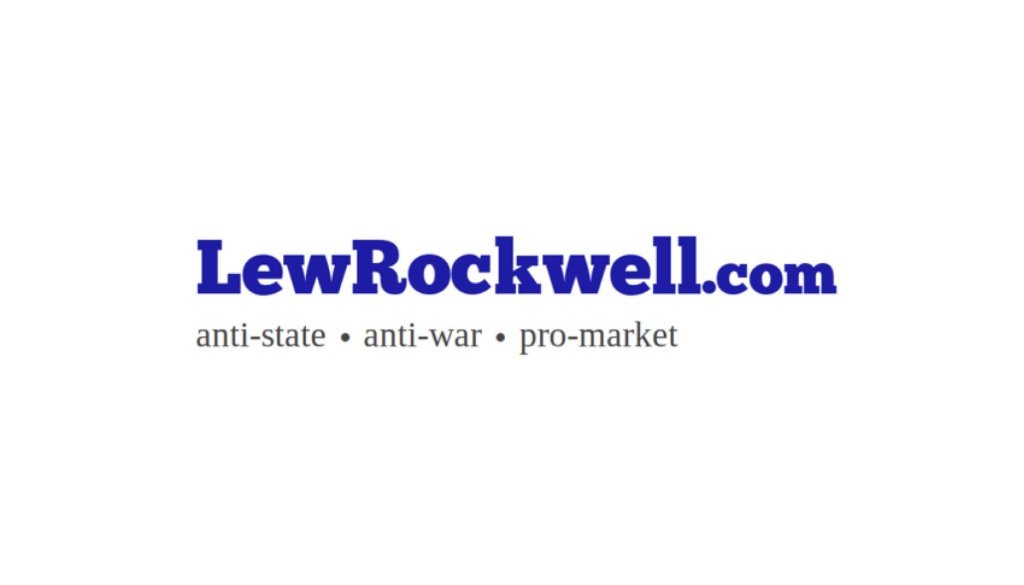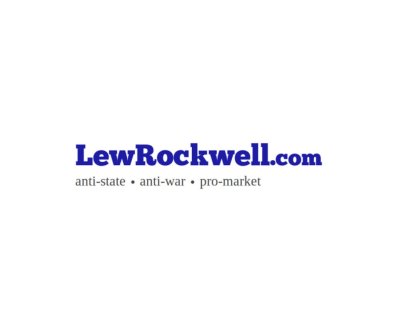For Those of You Waiting on Massive Collapse… Get Ready for a Rocky Financial Road
Ever since the 2008/2009 housing crash, I’ve been hearing one financial guru after another talk about how the United States was heading into another financial collapse. Each had their reasons, all of which sounded plausible. But that didn’t necessarily make them true. There’s something different going on today though… this is, they’re all talking about the impending financial collapse; not just one or two of them.
It’s a question that many of us are afraid to ask but can’t ignore any longer. Is the United States on the verge of a massive collapse? Signs are all around us, whispering — or even shouting — that something is about to give. The nation that once prided itself on being a beacon of stability and prosperity is now teetering on the edge of an uncertain future. From economic instability and political turmoil to resource shortages, all signs point to a coming crisis. But are these just fleeting storms, or is this a signal of a larger, inevitable collapse?
Let’s take a look at the indicators that suggest America may be headed for a breakdown. Strap in, because this ride may get a little bumpy.
Economic Instability: The Ticking Time Bomb
One of the clearest signs that the United States is on shaky ground is economic instability. The American economy has often been compared to a house of cards—each card being another fragile piece of a system that could collapse if just one card falls.
Massive national debt, rising inflation, a stagnant job market, and an over-reliance on printed money have all combined to create a perfect storm.
Consider the rising national debt, which currently stands at over $36 trillion. That’s $36,000,000,000,000 — a number
Article from LewRockwell

LewRockwell.com is a libertarian website that publishes articles, essays, and blog posts advocating for minimal government, free markets, and individual liberty. The site was founded by Lew Rockwell, an American libertarian political commentator, activist, and former congressional staffer. The website often features content that is critical of mainstream politics, state intervention, and foreign policy, among other topics. It is a platform frequently used to disseminate Austrian economics, a school of economic thought that is popular among some libertarians.




